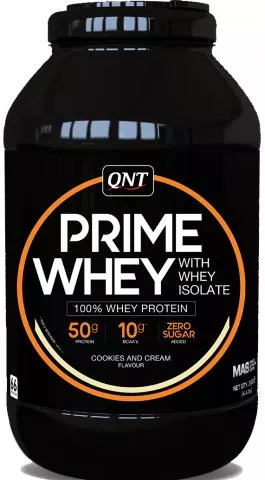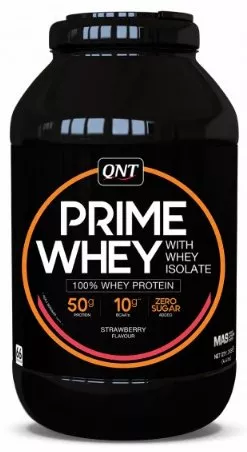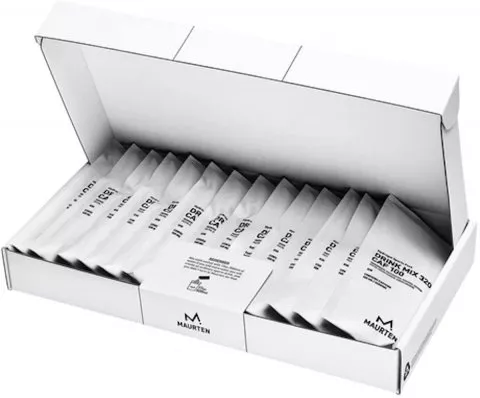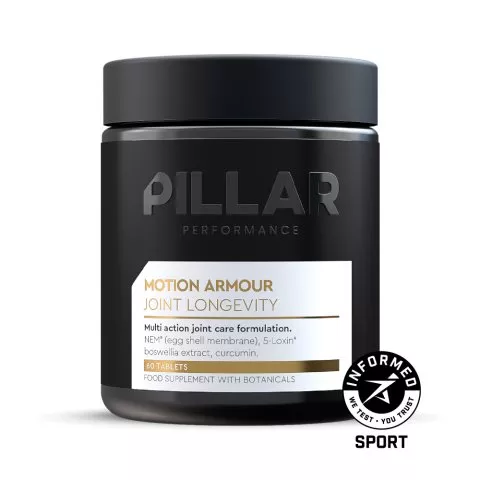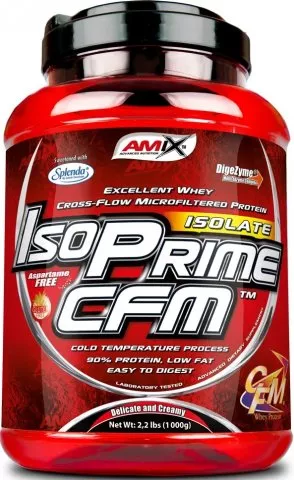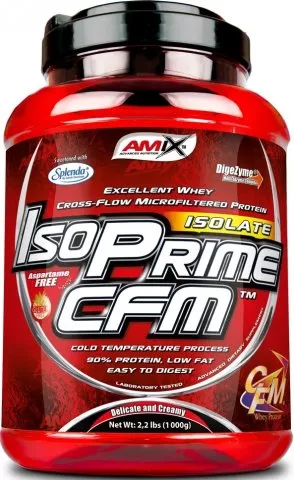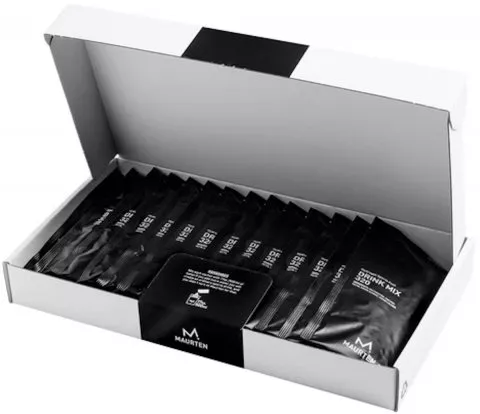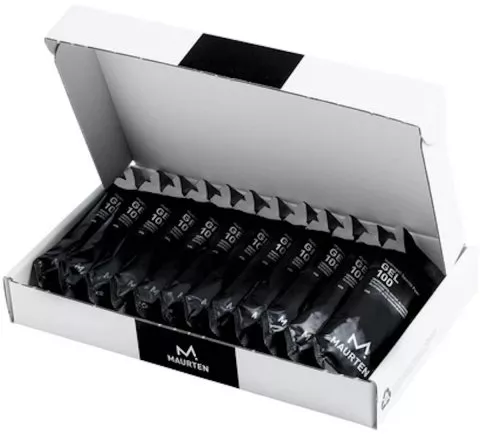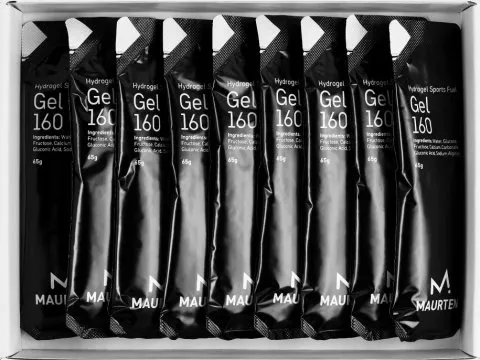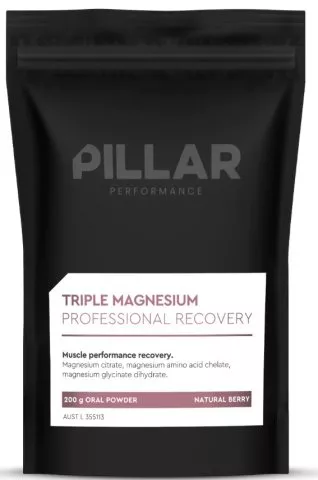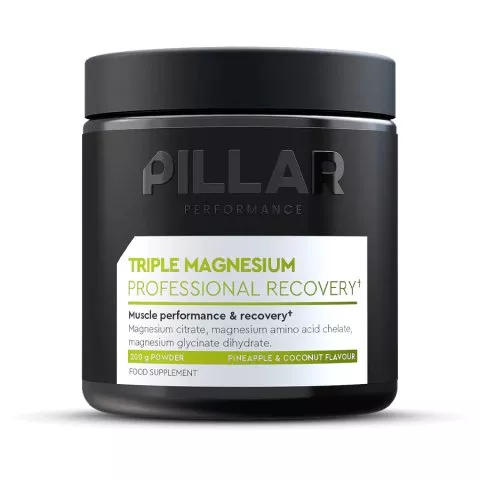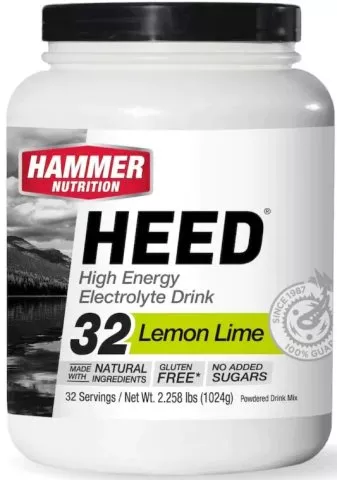What to eat during a race and after running
Again, Vítek Pavlišta shares his valuable experience, this time concerning nutrition during races and subsequent regeneration.
What to eat during a race?
To start, I need to say that this differs for each runner. Everybody likes different things, our metabolisms differ, and we tolerate food supplements differently. All the same, if you keep running at race intensity for over an hour, you need to add energy to your body, and that’s when it’s time for fast-acting sugars. When I go for just ten kilometres, I don’t stop at all, as it would only slow me down and disrupt my pace. At most, when it’s very hot, I have a cup of water. When running a half-marathon, I usually stop once to refresh myself, and sometimes twice, if the route allows. I’m used to carbohydrate concentrates that I digest easier than gels and that replenish liquids a bit. However, very popular sports gels fit easily into your pocket and always do their job well.
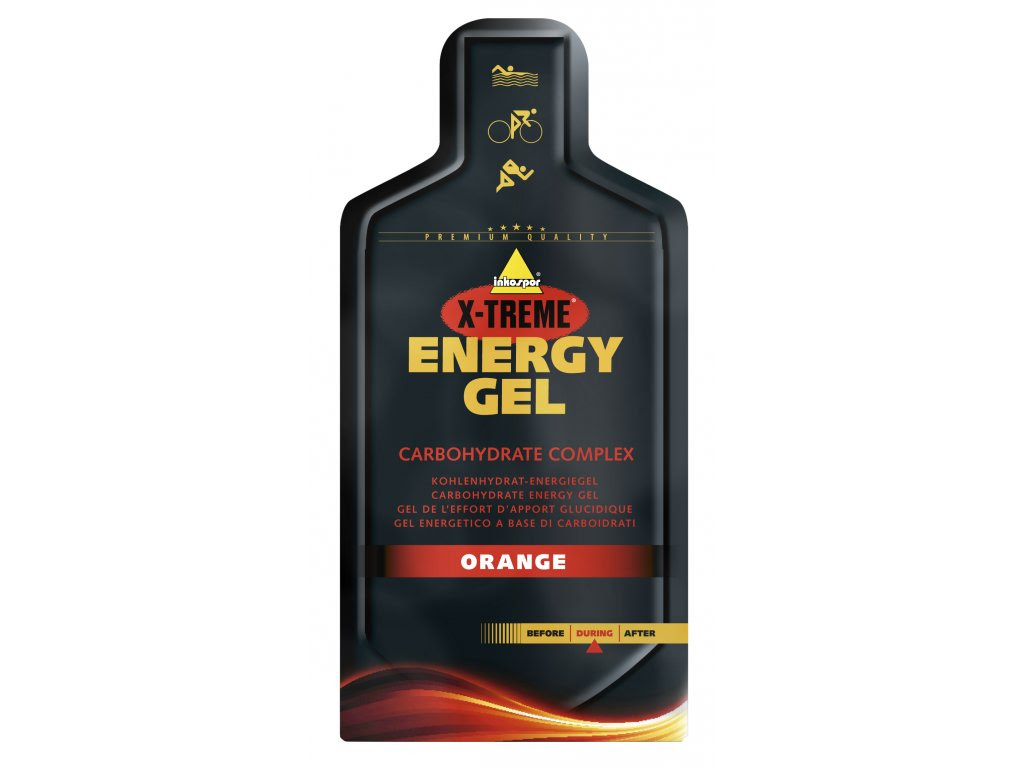
I use concentrates that contain maltodextrin and fructose to quickly replenish energy. I’ve grown fond of combining caffeine-free and caffeine concentrates. When running a half-marathon, I have the caffeine-free version at around the 10th kilometre and the caffeine concentrate at the 15th kilometre. When running a marathon, I alternate between the two from the 10th kilometre to the finish every 5 kilometres. It is a liquid, tastes just fine, and doesn’t cause indigestion, which is why I like it. Of course, there are lots of similar supplements available, so try them out during trainings to see what you like best. When running a marathon, however, it’s absolutely necessary to replenish energy and prevent fatigue. Once fatigue arrives, it’s too late for any supplements and there’s no chance to overcome it. I’ve found out that the best way is to keep replenishing the lost energy for the body every five kilometres, even though it may be a bit hard in terms of logistics…
What to eat after running or how to start regeneration correctly?
In terms of post-training nutrition, timing is everything. It’s important to restore your reserves of glycogen, repair damaged muscle fibres, and replenish minerals and liquids. All these affect the time your body needs to be able to go for another hard training. Within thirty minutes after the run, it’s good to support these regenerative processes with food supplements. Right after training, your cells are very open to everything you eat and drink, so use this time wisely to recover quickly.
Food supplements or natural sources?
I’m used to having a carbohydrate drink with some amino acids, proteins, and BCAA amino acids ideally right after I get home from a hard training session while the metabolic window is still open (as I mentioned above). Within sixty minutes after the first replenishment of missing nutrients, I have a regular meal rich in carbohydrates (pasta, rice, and other grains).
Not a fan of food supplements? In that case, I’d recommend sticking to a similar concept. Have a drink containing carbohydrates and proteins right after your training ends and later a meal rich in carbohydrates. It could be some kind of whey-oats shake with banana, blueberries (very rich in minerals) or some other fruit, nuts, seeds, etc.
Conclusion
As I mentioned earlier, I don’t consider myself an expert on sports nutrition, and I myself am far from the ideal, so please take my advice with a pinch of salt. Nevertheless, I’ve been running for some time now and have noticed what works for me. Of course, what works for me doesn’t necessarily work for others. These are just my tips and feel free to choose what sounds interesting to you. Mainly, keep in mind that correct nutrition ensures 50% of your performance, and if you focus on it, it’ll push you to the next level.
Looking forward to seeing you there! Vítek
